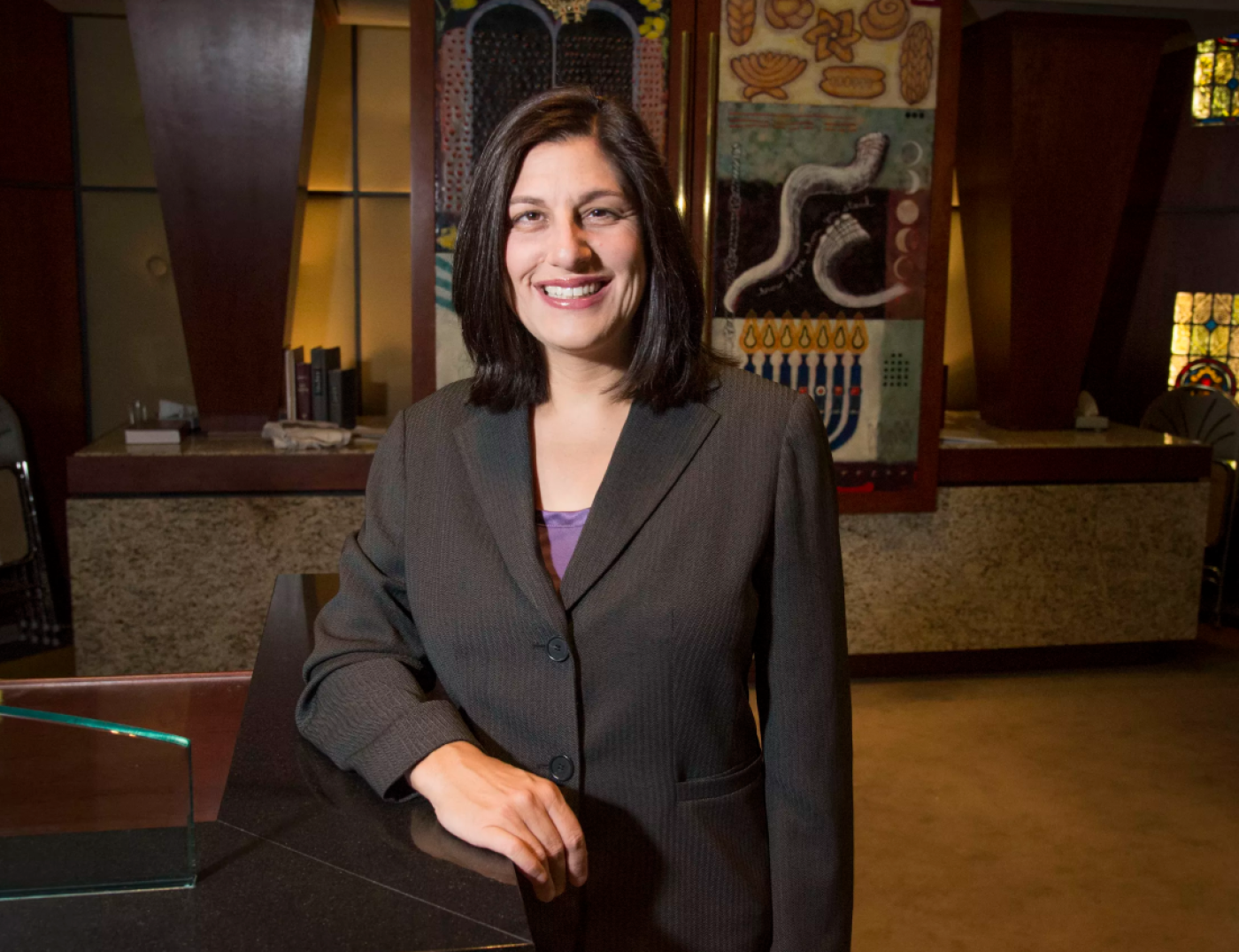Mhm. Mhm. We did everything. We just went back to basically doing everything we had done before just over Zoom. Our education program, our religious school, our adult education classes, our, you know, Friday night and Shabbat morning services, both um, and, you know, a little some things I didn't do as much of, I didn't teach, I changed my adult education calendar a little bit and taught more, shorter programs instead of a year long class. We changed a little bit, but for the most part, we really tried to maintain everything we had been doing before, um, to the best we could. It just, you know, we shortened the class time so that, you know, people have fewer a shorter attention span over Zoom. We try to be attentive to those things. We shorten services in some cases. When we when we were only over Zoom, we didn't do a Torah service in the sanctuary because I was the only one there, and I'm not gonna do a Torah service by myself. There were there were ritual compromises that we made all the way through and we we went through a a pretty intense, um, study process and conversation with our religious observance committee at Temple Beth Shalom about, you know, the things that you can do, whether you can say Kaddish without a minyan in the room, whether you can have a Torah service without a minyan in the room, what constitutes a minyan, whether people over Zoom and people in the room constitute a minyan, you know, and and also all the conversations about technology and what, how ethically, how you could use the technology appropriately. And we have a pretty, um, our mission statement is that we're a liberal conservative congregation, which always makes people laugh. But, you know, basically on the on the liberal end of the conservative movement. So when we were having those conversations about halacha and uses of technology, basically most of our congregation uses technology on Shabbat. So we made certain and I, I anyway, we made compromises where we needed to make compromises. I feel like in order to do the best outreach and provide the best experience for our congregants that we could, and at a certain point, it felt like it was more important to make sure that they were engaged than it was to be really strict about, you know, leave your computer on 24-hours during Shabbat and don't use the chat and, you know, all those other things. I mean, we don't use the chat on Shabbat as a community, but if someone's going to type in the chat, I'm not going to be like, I'm not going to answer it, you know, so we just try to be we try to be as respectful as we of each other as we can within all of those, within all of those parameters, parameters, and, you know, and still hold the center of authenticity about how we, how we practice and, and but accessibility was a key factor in terms of accessibility.
